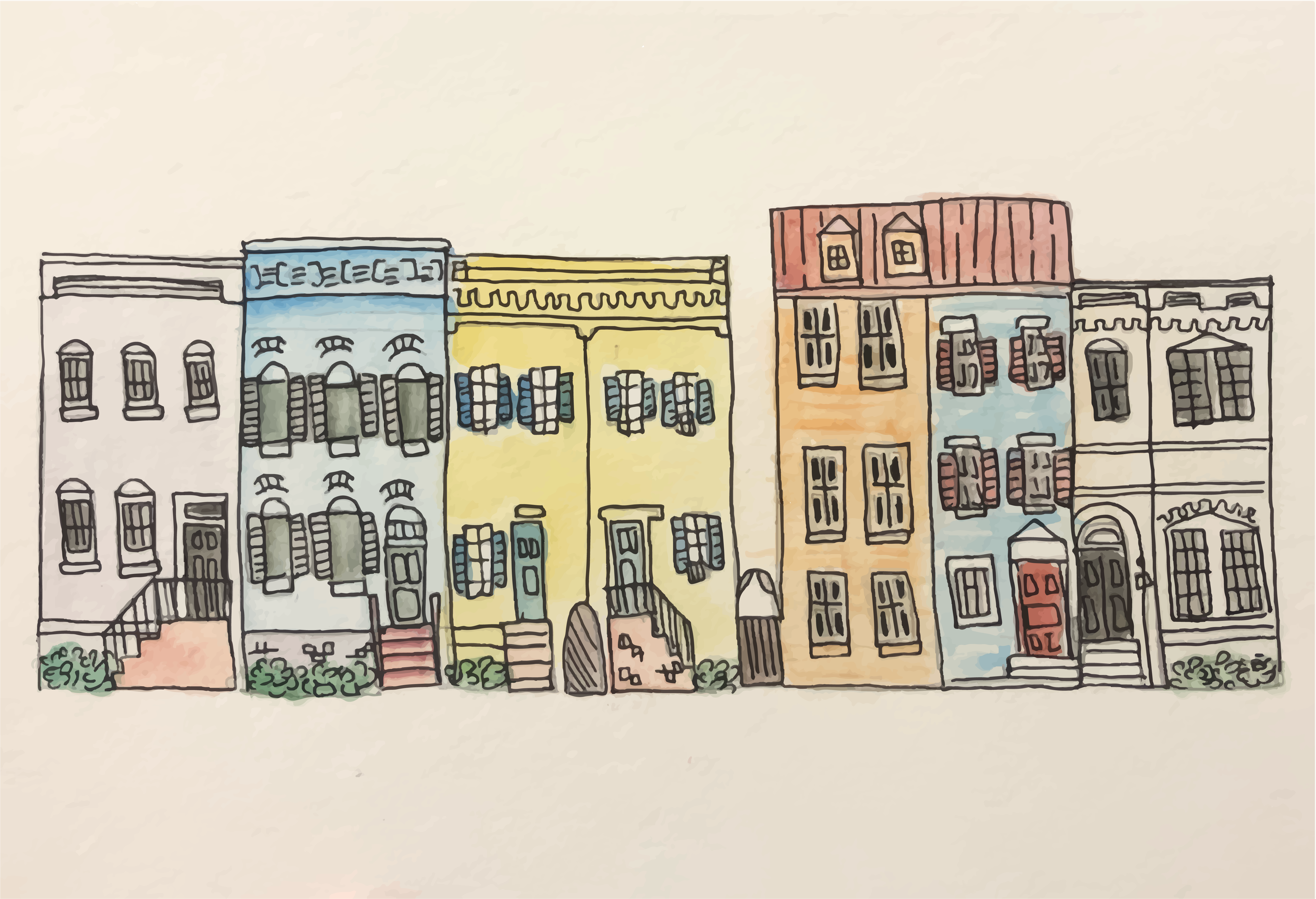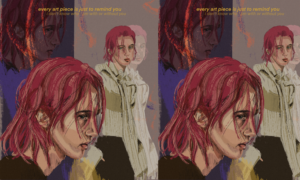Isolation is exhausting—plain and simple. After months removed from friends and campus, it’s understandable that Georgetown students are anxious to return to their normal, pre-coronavirus lifestyles. However, the only way to sustainably achieve that goal anytime soon, while protecting those most vulnerable in our community, is to adhere to the university’s public health guidelines.
The Editorial Board of the Voice strongly encourages Georgetown’s student body, specifically students who have chosen to return to the District for the fall, to act in compliance with Georgetown’s COVID-19 health regulations. This includes wearing masks in public, remaining six feet apart from those not living in your household, and not gathering in groups of more than 10 people. Not only is it in every student’s personal interest to remain vigilant in following these guidelines, but it is also their moral responsibility to do so.
A significant portion of the students who returned to the DMV area this fall did so because they had no other options. These students’ home situations were unstable, dangerous, or simply incompatible with the academic demands being placed upon them. Some students had no home to return to at all besides Georgetown. For these students, the consequences of an outbreak forcing them to leave could be devastating. The university has already warned students living in the area that they should be prepared to leave at a moment’s notice. Whether or not that situation comes to pass depends upon every student’s good judgement and awareness of how fragile public health can be. Cases of the virus have already been reported among the student body, making individual action more important than ever.
We have seen the ramifications of students ignoring social distancing measures at other universities across the country. The University of North Carolina at Chapel Hill sent most students home after an attempted reopening caused a spike in cases, many of which were linked to off-campus student gatherings and Greek houses. A similar issue has halted in-person instruction at the University of Notre Dame, where over 600 undergraduates have tested positive to date. While Georgetown decided against in-person instruction before classes began, off-campus gatherings still pose a major threat to those living on and around campus.
That threat applies not only to students, but to the other permanent residents of the Georgetown neighborhood. As undergraduates, we are a part of a wider community that includes local residents, campus workers, janitorial staff, professors, and all of their families. That also includes a portion of individuals with pre-existing conditions, to whom the virus could likely be fatal. By living and participating in the neighborhood environment, such as by getting groceries or sending mail, students unavoidably interact with locals. Should those students make the mistake of ignoring safety guidelines, those minute interactions could become disease vectors, and the community as a whole would be put in danger.
The racial segregation in D.C. amplifies the effects of the pandemic on the city’s Black communities. According to a report from Georgetown University’s School of Nursing and Health Studies, huge health disparities exist between the District’s Black and white populations. Black men in D.C. on average live 15 fewer years than their white counterparts, and Black communities are disproportionately more likely to die of cancer, diabetes, and respiratory diseases. A similar study by the Center for American Progress showed that 40 percent of Black D.C. workers have an underlying condition that makes them more vulnerable to COVID-19, compared to 14 percent of white workers. As of September 19, Black people have made up 461, or 74 percent, of the 620 total pandemic deaths in D.C., despite comprising only 45 percent of the city’s population.
If we break the university’s COVID-19 guidelines, we will be exacerbating the disproportionate health dangers faced by Black communities. We must not let this happen. Wearing masks and remaining socially distant protects our fellow D.C. residents, many of whom already grapple with systemic racism in healthcare access and may not have the privilege of working from home during the COVID-19 pandemic.
We have seen that the University has developed a penchant for unfairly punishing students for non-COVID related conduct violations—especially noise issues—which has made it more difficult for students to choose the safest mode of social distancing: being outside. We do not condone these changes in the Office of Neighborhood Life, the Student Neighborhood Assistance Program (SNAP), and the Office of Student Conduct, and we urge students to continue choosing the safest ways to socially distance while being cognizant of possible punishments for being outside in a small group.
Missing out on the “college experience” is disappointing—we all want to see our friends. But more importantly, we want life to return to normal as soon and as safely as possible. For that to happen, we must protect the vulnerable in our community, whether that be fellow students, our neighbors, or other members of the District, by acting responsibly and socially distancing. We must follow the administration’s guidelines so that campus can reopen safely, whenever that may be.





